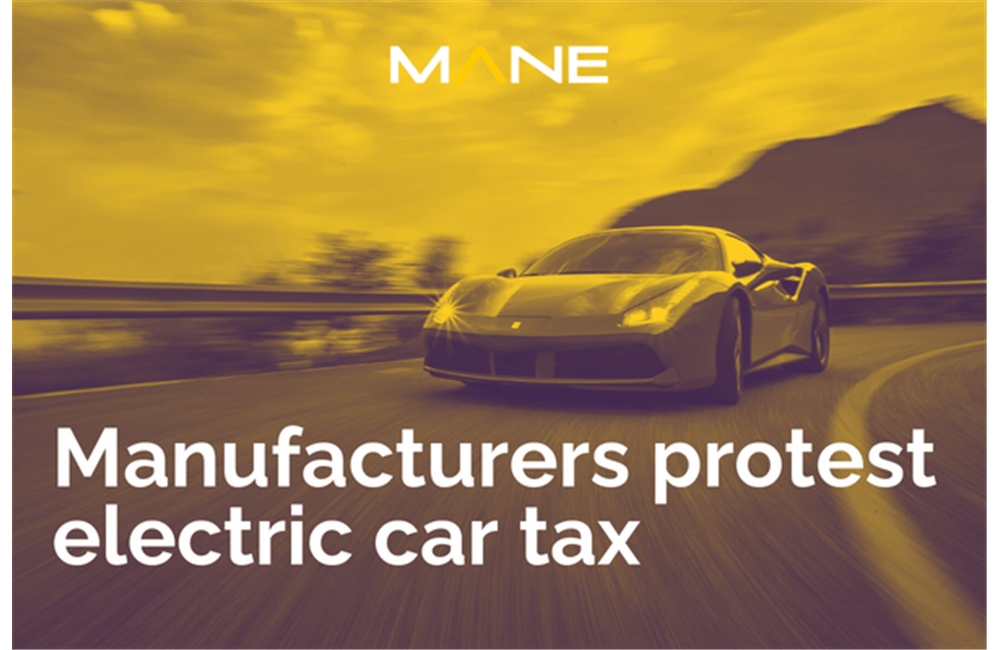Manufacturers protest electric car tax
21 Nov, 202210 minsCarmakers are up in arms about the electric car tax announced in the chancellor’s Autu...

Carmakers are up in arms about the electric car tax announced in the chancellor’s Autumn Statement. From April 2025, electric cars will be subject to the same vehicle excise duty as petrol, diesel and hybrid cars.
Ford’s UK chair, Tim Slatter, called the move “short-sighted”, saying, "We are still many years from the 'tipping point' when electric vehicles will reach cost parity with petrol and diesel vehicles. Until then, we should be incentivising customers to make the greener choice."
Electric cars registered from April 2025 onwards will pay vehicle excise duty (VED) at the lowest rate in the first year, before moving to the standard rate, currently £165. From April 2017, newly registered electric vehicles will go straight onto the standard rate.
Chancellor Jeremy Hunt said that by 2025 half the UK’s new vehicles would be electric, and the decision was intended "to make our motoring tax system fairer".
Kia said the decision was "at odds with the country's net-zero ambitions", while Nissan said: "We're concerned about the effect that withdrawing this customer incentive could have on the electric car market, just as it is accelerating."
The Japanese carmaker pledged to keep working with the government to address "the main barriers to the electric vehicle transition, including public charging and measures to continue to support the purchase of EVs".
According to trade body SMMT, 2022 has seen 195,547 battery electric vehicles registered in the UK so far, but that’s still under 15% of all registrations. However, sales look set to keep rising, and from 2030 new purely petrol and diesel cars will be banned from sale in the UK.
The chancellor also said electric cars would be liable for the expensive car supplement, an extra tax from which they were previously exempt. The £355-a-year tax is payable from the second to sixth year of registration for all vehicles priced over £40,000.
was the "sting in the tail", said the SMMT, warning the supplement would unfairly penalise new technologies, which are always more expensive at the start.
AA president Edmund King predicted the measures would "slow the road to electrification" and "dim the incentive to switch". However, the RAC came out in support of the government, asserting that it was "probably fair the government gets owners of electric vehicles to start contributing to the upkeep of major roads from 2025". It predicted that the "many other cost benefits" of electric cars would offset the tax and keep demand high.
The government closed the plug-in grant scheme, a subsidy for electric car sales, to new orders in June, saying the scheme had already helped to boost sales.
And in February a group of MPs called for current vehicle taxes to be replaced with a “pay-per-mile” scheme. Fuel duty currently brings in about £26bn per year, but the move to electric vehicles will obviously reduce that, while vehicle excise duty currently brings in a much smaller £7bn per year.



